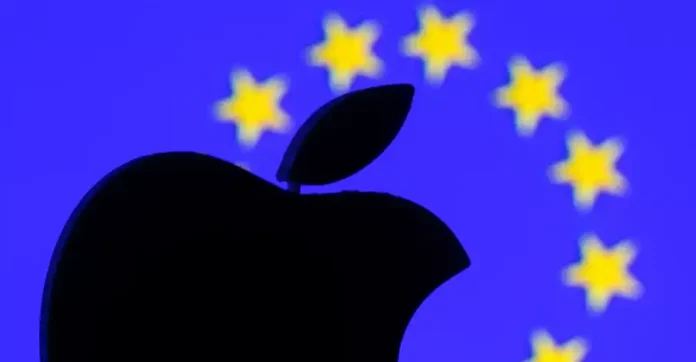
The European Union has initiated two additional “specification proceedings” under the Digital Markets Act (DMA), focusing on Apple’s compliance with the law’s interoperability provisions. If Apple fails to meet the European Commission’s requirements, it could face fines of up to 10% of its global annual turnover.
The European Commission, which enforces the DMA on Apple and six other tech gatekeepers, launched its first non-compliance investigation into Apple back in March. This probe has raised concerns, particularly regarding the App Store’s operations, with preliminary findings reported in June. While the broader investigation continues, Apple has already made several adjustments to its DMA compliance plans, both before and after the Commission’s findings. However, the EU seems poised to ramp up its interventions concerning interoperability.
One major area of concern has been Apple’s approach to interoperability under the DMA. Critics have been vocal, particularly about the way Apple communicates with iOS users when they consider switching from Apple’s technologies to alternative solutions.
The EU recently concluded a separate antitrust investigation into Apple’s contactless payment technology, where it accepted binding commitments from the company to ensure interoperability for third-party developers of wallet technology. The Commission may now apply lessons learned from that case to clarify Apple’s obligations under the DMA.
Although the regulation outlines clear rules for gatekeepers like Apple, there’s still room for interpretation on how those rules apply in certain contexts. The Commission has the authority to specify compliance when proceedings are ongoing, as in Apple’s case.
The two latest proceedings will guide Apple on how to provide interoperability for connected devices using iOS features like notifications and device pairing. Additionally, Apple will be instructed on how to handle interoperability requests from app developers creating software for iOS and iPadOS, which are both classified as “core platform services” under the DMA.
The European Commission stated, “The first proceeding focuses on several iOS connectivity features and functionalities, predominantly used for and by connected devices… such as smartwatches, headphones, and virtual reality headsets… The Commission intends to specify how Apple will provide effective interoperability with functionalities such as notifications, device pairing, and connectivity.”
The second proceeding addresses how Apple manages interoperability requests from developers for iOS and iPadOS. “It is crucial that the request process is transparent, timely, and fair so that all developers have an effective and predictable path to interoperability and are enabled to innovate,” added the Commission.
Apple’s spokesperson, Julien Trosdorf, responded by stating: “At Apple, we’re proud of the fact that we’ve built over 250,000 APIs that allow developers to build apps that access our operating system and functionalities in a way that ensures users’ privacy and security… Undermining the protections we’ve built over time would put European consumers at risk… We will continue to work constructively with the European Commission on a path forward that both protects our EU users and clarifies the regulation.”
The Commission has six months to complete these proceedings and will then present its preliminary findings to Apple, outlining the necessary steps for compliance with the DMA’s interoperability requirements. A public summary of the findings will also be shared at that time.
These two new proceedings do not signal the end of the broader investigation into Apple’s compliance with the DMA. Apple could still face an enforcement decision, along with a potential fine. However, the EU is aiming for swift action to enforce its landmark market contestability regulation, focusing on ensuring that the DMA is effectively implemented rather than immediately resorting to hefty penalties.
Apple has already made significant changes to its original DMA compliance plan under scrutiny from the Commission, such as allowing web distribution for iOS apps, loosening restrictions on developers linking to cheaper offers outside the App Store, and offering more browser choice options. Despite these adjustments, critics argue that Apple’s compliance measures still fall short, and the situation remains fluid as the proceedings continue.





